Board signs off on 1-year license for Bird, Bloomington’s lone scooter operator
Bird can operate its shared electric scooters and e-bicycles for another year in Bloomington. The board of public works approved a one-year license for the micro-mobility company at its regular meeting on Tuesday night. Bird is now the only vendor in Bloomington for shared-used e-scooters.
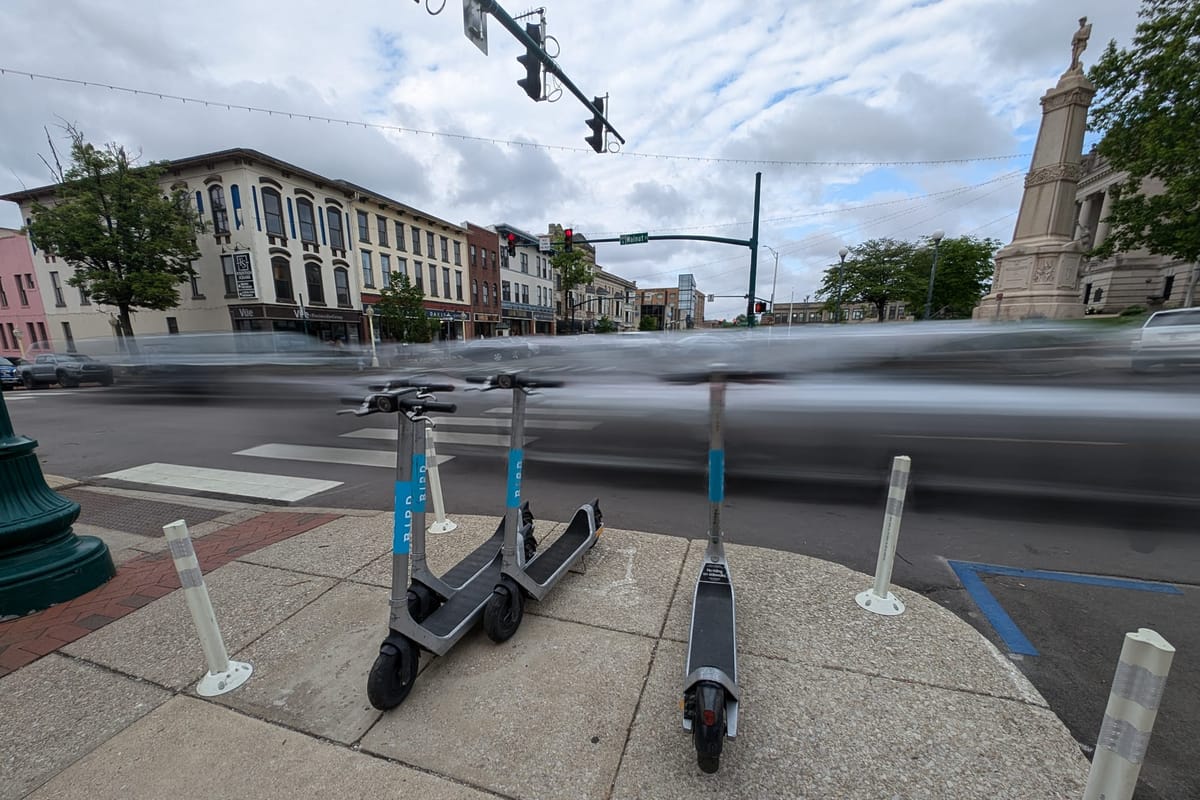
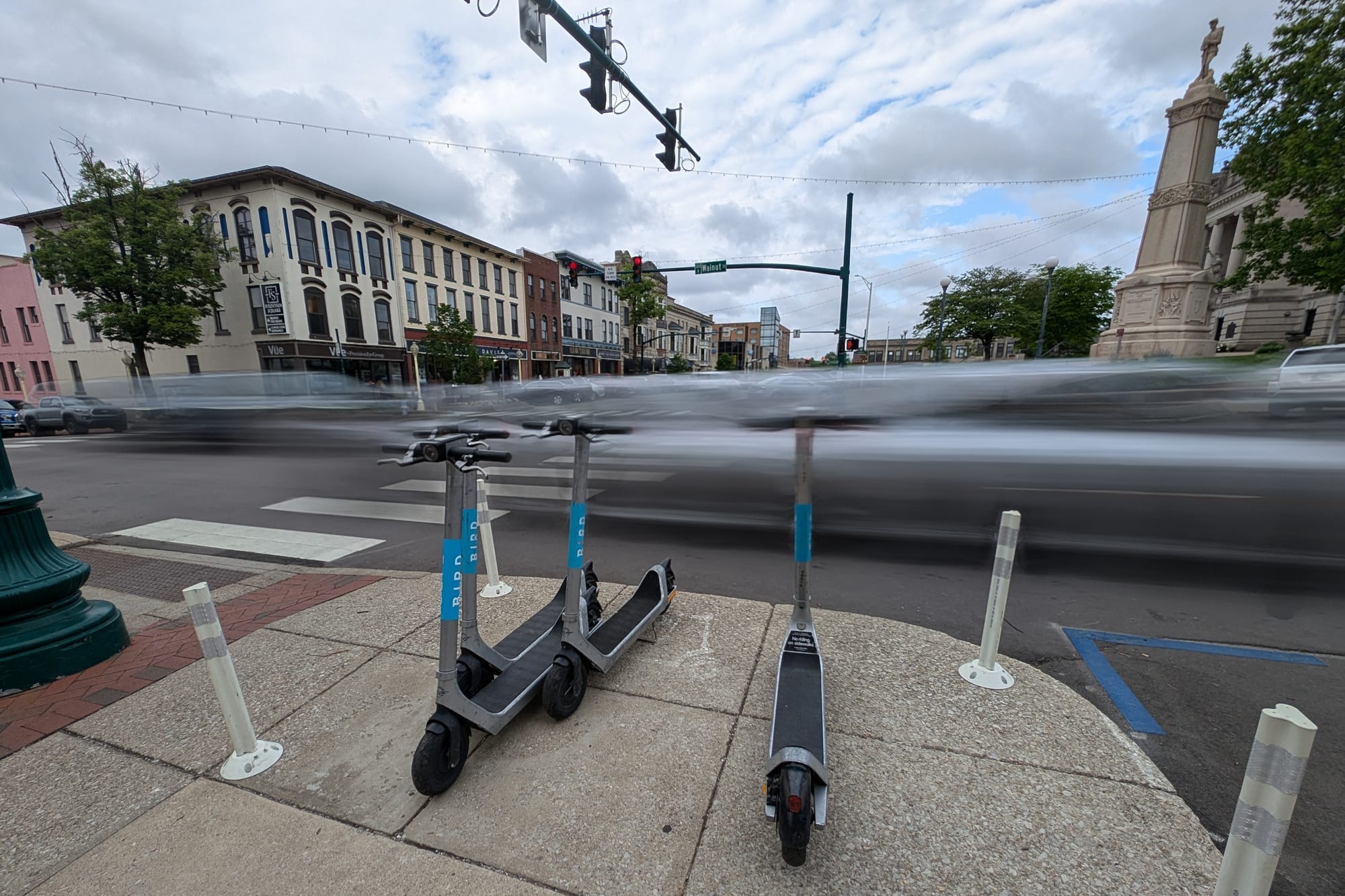
Bird can operate its shared electric scooters and e-bicycles for another year in Bloomington. The board of public works approved a one-year license for the micro-mobility company at its regular meeting on Tuesday night.
Bird is the only vendor for shared-used e-scooters now that Lime and VeoRide have left the local market. For the board, Tuesday’s action was not controversial.
The raw number of scooters that are deployed throughout Bloomington has dropped dramatically since 2018, when the devices appeared on city streets unannounced. Ridership as reported to the city by the vendors has dropped to less than 25% of what it was in 2019.
To regulate the scooters, it took the city council several months to enact an ordinance in mid-July of 2019.
Geofenced parking corrals have led to far fewer scooters blocking sidewalks and ADA ramps downtown. But The B Square still hears occasional complaints from readers in the leafy neighborhoods about waywardly parked scooters and e-bicycles.
It took a few years for Bloomington finally to start issuing any tickets for scooter parking violations. According to Bloomington public works director Adam Wason, through 2025 so far, 359 scooter citations have been issued, with $10,680 in fines collected.
Under the terms of the licensing agreement, Bird has to pay a $30,000 annual fee. Previously each of the three vendors paid $10,000, which means the city’s revenue from such fees has remained constant. Bird also has to pay Bloomington 30 cents per ride. Based on the 75,493 rides in 2024, the most recent full calendar year, the $0.30 per ride works out to $22,647 paid to the city.
It was transportation demand manager Jeff Jackson who presented the item to the three-member board of public works on Tuesday. Fielding a question from Elizabeth Karon, Jackson gave a breakdown for scooters versus e-bicycles: 58,000 trips on e-scooters compared to around 5,000 e-bicycles bike trips. That works out to about 8% of Bird trips by e-bicycle. Under the terms of the licensing contract, 35% of Bird’s fleet has to be e-bicycles.
Under the terms of the licensing agreement, Bird has to deploy 700 scooters in Bloomington. Responding to a board question on Tuesday, Jackson said Bird currently deploys 500 scooters, but will be adding another 200. Under the terms of the licensing agreement, if the average usage per device drops below 2, then the city of Bloomington can lower the number of scooters that can be deployed.
Based on the numbers in Bloomington’s B Clear data portal, from Aug 1 through Sept. 5 this year, there were an average of 151 Bird vehicles available per day. Using the 5,454 total available vehicles, 11,394 rides were taken, which is just over 2 rides per scooter deployed per day.
The B Square inquired with Jackson about the figures in the B Clear data portal compared to the 500 scooters that Bird is reporting to the city. The initial response form Bird is that there’s a discrepancy between the figures in the dataset and the number of vehicles actually deployed. The company is checking into it.
This spring, The B Square reached out to Bird to check to see if the company intends to continue to do business in Bloomington. The answer was yes, with an assurance that the company is intends to add to its fleet, to increase ridership.
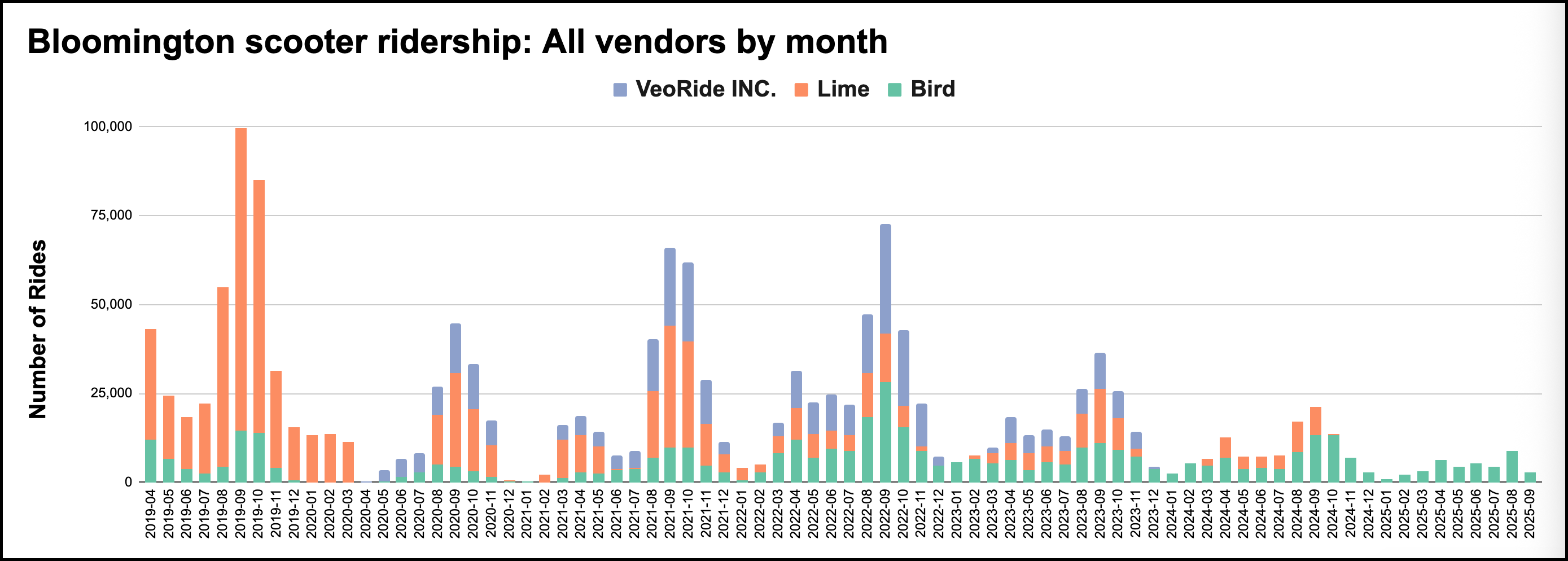
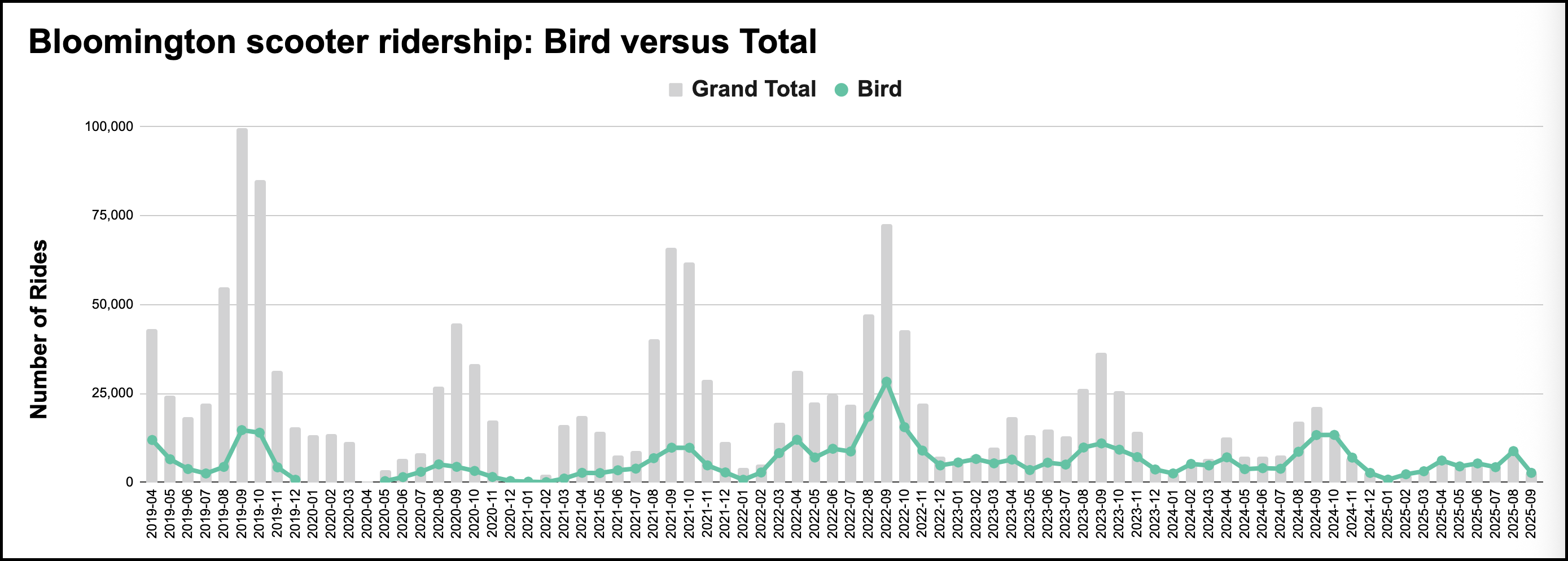

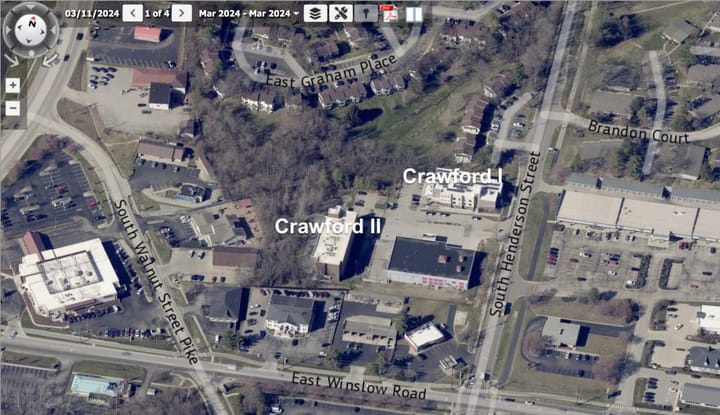
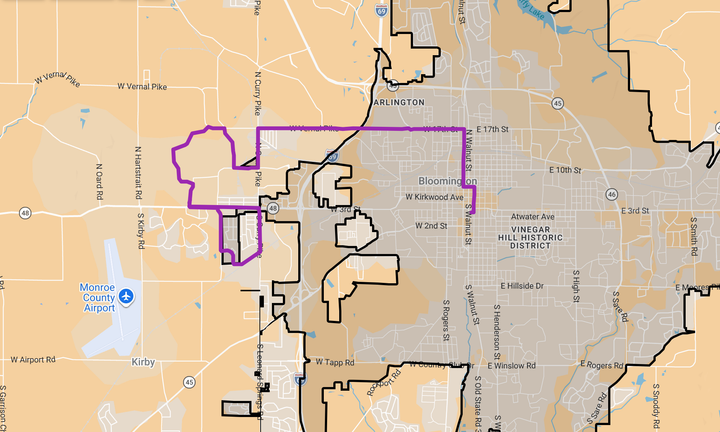
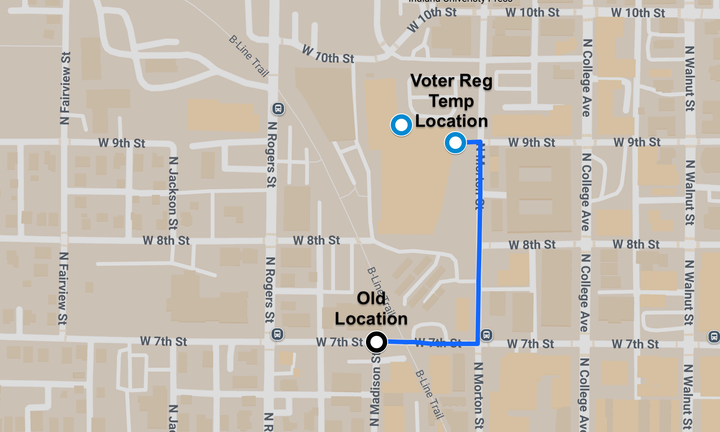
Comments ()